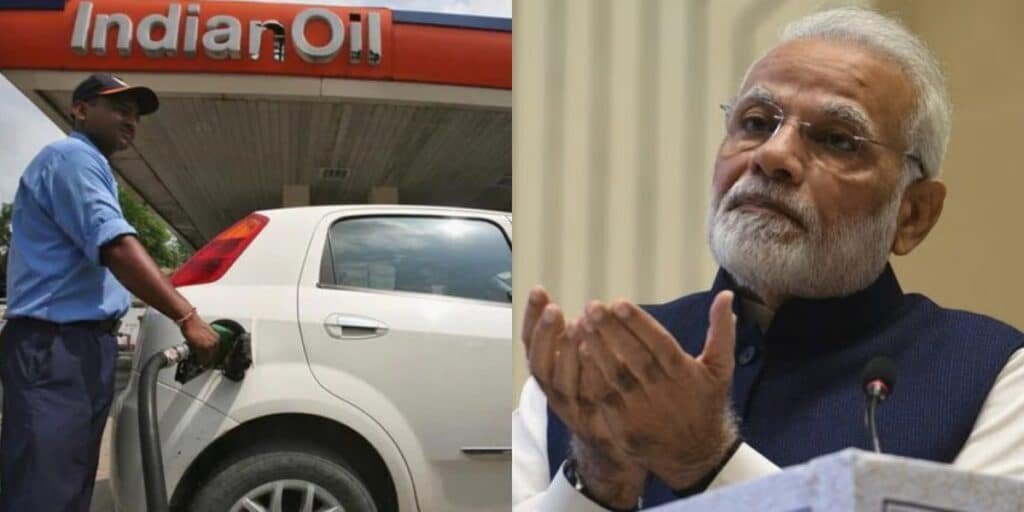WEBDESK: In yet another draconian move, authorities in India’s capital New Delhi have begun enforcing a controversial fuel ban targeting so called ‘end of life’ vehicles a decision many residents see as yet another assault on personal freedoms under the Modi government.
From today, petrol and diesel will no longer be dispensed to vehicles aged 15 years or older for petrol and 10 years or older for diesel. The decision, affecting around 62 lakh vehicles in Delhi alone, is officially being justified as an anti-pollution measure but critics claim it is a veiled attempt to force people into purchasing new vehicles, benefiting powerful automobile lobbies closely aligned with the ruling government.
This comes after a series of similarly invasive moves by Indian authorities, including dictating maximum air conditioning temperatures in homes and businesses. “After dictating AC temperatures, now they want to dictate how long you can use your car. Unless people stand up to these fools, they’ll keep tightening the noose,” one angry commuter commented.
After dictating AC temperature, now they come to dictate how long you can use your car. Lobbying for automakers to push sales. Until the citizens do not resist these morons, they will keep imposing such policies. https://t.co/W0EPgHfBB5
— Devika (@Deyveeka) July 1, 2025
The policy, enforced through Automatic Number Plate Recognition (ANPR) cameras and a deployment of police at hundreds of fuel stations, has been slammed for poor planning, lack of public awareness and its potential to punish ordinary citizens. Many point out that well-maintained vehicles will also be unfairly targeted, and no proper technical checks are in place.
According to Indian media local petrol dealers and commuters have expressed serious concerns about the chaotic implementation. “No trial run, no awareness how are we supposed to manage this after enforcement teams leave in a few weeks?” asked Nischal Singhania, a petrol station owner. Another commuter, Mohit, added, “A trial or grace period was the least they could have done.”
62 Lakh Vehicles To Not Get Petrol, Diesel In Delhi From Today https://t.co/jSSvaBatKX pic.twitter.com/0FUavDQkwQ
— NDTV (@ndtv) July 1, 2025
Critics also accuse the government of turning Delhi into a surveillance state. With ANPR cameras at nearly 500 fuel stations, linked to central vehicle databases, citizens now risk having their vehicles impounded or scrapped without due process.
Despite repeated claims of India’s so called economic progress, public frustration continues to grow as policies increasingly favour elite business interests over ordinary people’s livelihoods and freedoms.





